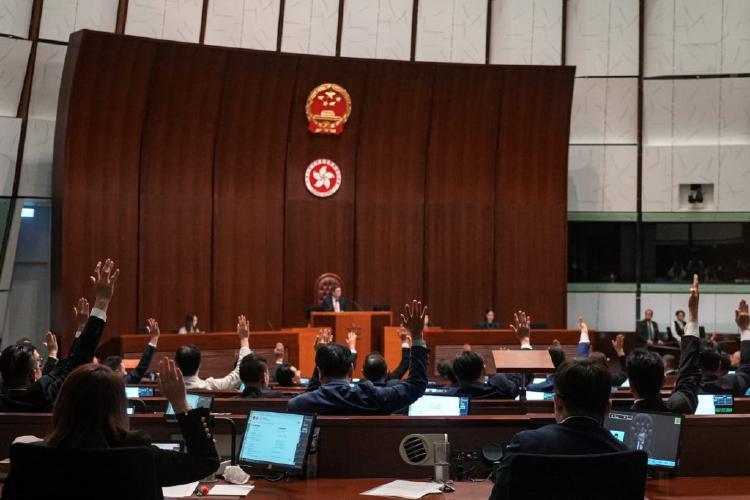China tightens grip on Hong Kong with passage of strict law punishing dissent
Criticism of China's national security law in Hong Kong.
- Bilawal Riaz
- 1 min read

China has come under criticism from the West for the new national security law in Hong Kong known as Article 23. The legislation, passed by Hong Kong’s Legislative Council in a vote of 89-0, expands authorities’ power to punish dissent and has raised concerns about the city’s autonomy. Critics argue that the law, which can lead to 10-year sentences for crimes like sedition and up to life imprisonment for offenses like treason, is eroding the freedoms that Hong Kong once boasted. The law’s impact on various aspects of life in Hong Kong, including freedom of speech and potential retroactive application, has raised alarm among activists and international observers. The law’s proponents claim it is necessary for maintaining security in the city. However, opponents, like Anna Kwok of the Hong Kong Democracy Council, view it as a move to suppress dissent and align Hong Kong more closely with mainland China. There are calls for the U.S. government and Congress to take action, such as imposing sanctions on officials involved in enforcing the law. Activists like Kwok, who advocate for democracy and human rights, face risks and surveillance, even overseas, due to the expansive reach of Article 23.
- Tags:
- Hong Kong
- China
- Kwok
- Anna Democracy
- Congress